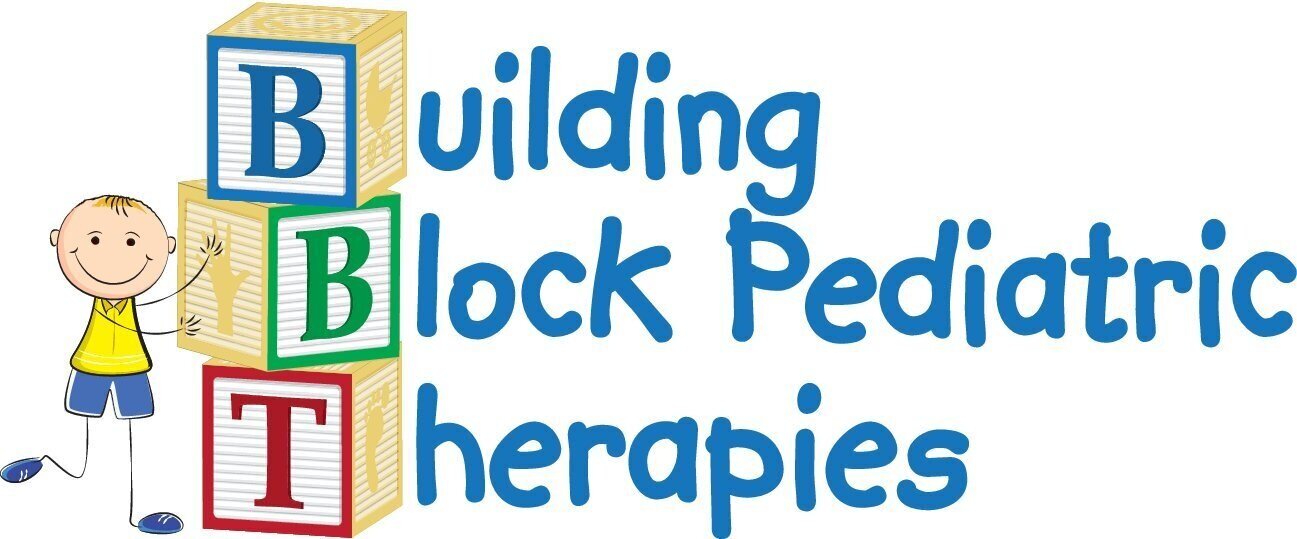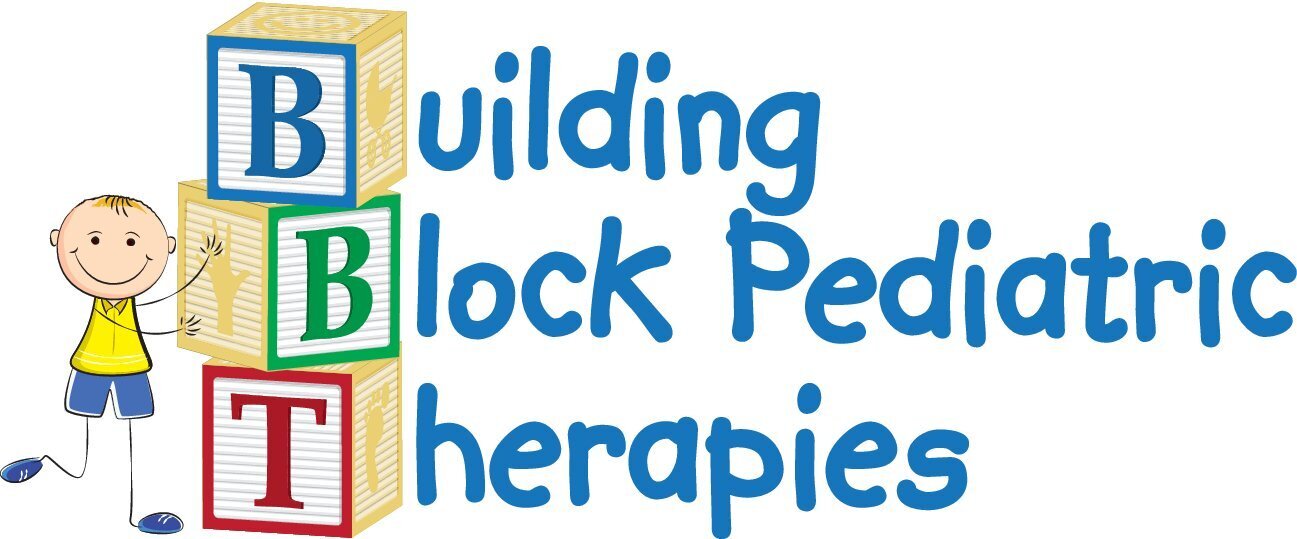
Areas of Therapy
-

Speech Therapy
Speech Therapy can help your child improve their ability to produce speech sounds. This can include the auditory discrimination (hearing) of correct and incorrect sounds, sound production and strengthening, and planning and coordination of precise motor movements of articulators needed to produce clear and concise speech. Language therapy targets a child’s receptive and expressive language skills, This can drastically improve how a child understands others (receptive), and gesturally or verbally (expressive) communicates with adults and peers in their environment. Pragmatic Language therapy can assess strengths and weakness in a child’s ability to engage in and participate in social conversation, as well as organizing thoughts for more effective retrieval and expression. In general speech therapy assesses, diagnoses, and remediates delays and disorders related to all aspects of verbal and nonverbal communication.
Our Speech Pathologists Treat Children With:
Receptive & Expressive Language Delays and Disorders
Articulation Delays
Phonology Delays
Apraxia & Dysarthria
Pragmatic Language Delays
Fluency & Voice Disorders
Feeding & Swallowing Disorders and Aversions
Central Auditory Processing Disorder
Word Retrieval Disorders
Neurological Deficits
Our Speech Therapists are Trained In:
PROMPT - a multi-modality approach to teaching motor movements for speech.
Social Thinking - A pragmatic language and social skills program
Augmentative Communication Systems/PECS
Oral Placement Therapy (Talk Tools)
Beckman Oral Motor Evaluation and Treatment
Bilingual in Spanish and English
Early Intervention Evaluator
AEIOU Feeding Therapy
-

Occupational Therapy
Occupational Therapy addresses a child’s activities of daily living to promote age appropriate developmental growth to integrate internal and external senses in the areas of: emotions, social interactions, sensory awareness, motor planning and strengthening, and overall cognitive development. By integrating all of these things together in a play based setting it allows a child to build independent skills to complete everyday tasks in all of the environments they encounter. Not only does OT help a child become successful in completing tasks, it also targets a child’s sensory system and improves how they process their environment through all of their senses.
Our Occupational Therapists Treat Children Who Have Difficulty With:
Fine Motor Control
Sensory Processing Dysfunction
Visual Motor Skills
Self Regulation
Executive Functioning
Hand-writing Skills
Attention/Focus
Motor Planning
Feeding/Eating
Bilateral Coordination
Muscle Strengthening
-

Physical Therapy
Physical Therapy optimizes a child’s ability to move, play, and explore using their gross motor skills. Incorporated into play within each individual child’s developmental skill level, a pediatric physical therapist focuses on enhancing muscle strength, range of motion, balance, coordination, and posture. The therapist develops a plan based on the child’s strengths and needs, along with receiving input from the parents or primary caregiver of specific goals they may have for their child. Strategies are then implemented to use during PT sessions as well as family friendly activities to incorporate into a child’s daily routine at home. A cohesive treatment plan using a whole-child approach will allow a child to use their gross motor skills to their fullest capacity in all environments.
Our physical therapist treats children with:
Torticollis
Plagiocephaly
Cerebral Palsy
Autism Spectrum Disorder
Down Syndrome
Gait Disorders (i.e. toe walking)
Hypotonia
Balance and Coordination Difficulties
Muscle Strength, Tone and Endurance
Posturing and Postural Control
Locomotion Patterns
Neuromuscular Function
-

Feeding Therapy
Feeding therapists consider all aspects of a child’s needs, abilities, and history as well as work directly with the family and pediatrician to determine the best treatment plan for the child. Direct parental report is also crucial in determining what areas of assistance the child needs. All of our feeding therapists have many years of experience, extensive training through the Beckman Oral Motor Assessment, Talk Tools Sensory Motor Approach and AEIOU Intervention program. Numerous other continuing education programs have also been completed. Therapy can aid in the progression of skills by introducing new foods and textures, treating sensory disorders, as well as targeting gagging/vomiting, oral-motor weakness, and oral/facial anomalies.

